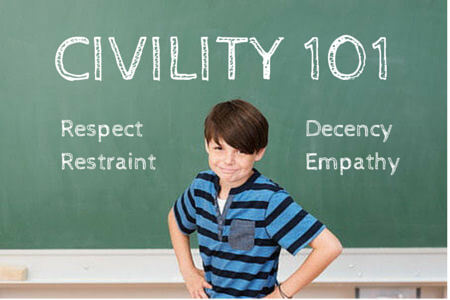
Practicing great hygiene not only helps keep everyone safe during a pandemic, it’s also great advice for your work life too, especially relating to your social media accounts!
Every week, we hear about an athlete, an actor, a politician, or a celebrity who is now in trouble because of something he or she posted, either recently or even years ago. And while you may disagree about the fairness of this scrutiny, the reality is that such things can have a severe impact.
What you say DOES matter, whether it’s in-person, on the phone, in a video chat, or in a post on Facebook, LinkedIn, or other social media.
Hiring managers often use social media to evaluate candidates. And so candidates need to use social media carefully and to evaluate and curate their online presence, to ensure they don’t damage their chances to be hired into their dream job.
The ugly truth
- 7 in 10 hiring decision-makers say that looking into candidates’ social media profiles is an effective way to screen candidates.
- 70% believe that employers should screen ALL applicants’ social media profiles.
- 67% say that they use social networking sites to research potential job candidates.
- More than half have found content that caused them NOT to hire an applicant.
- 3 in 4 hiring decision-makers believe that once an individual is employed in their organization, employees should maintain a work-appropriate social media profile.
What can you do?
- Evaluate past and future social media postings to eliminate questionable or controversial content.
- Images / posts of alcohol, drug, or controlled substance use
- Posts of illegal, immoral, or unsafe behavior
- Language or images that demean others or condone the mis-treatment of others
- Create a separate profile for your private life that can be seen only by a select few individuals. (Yet even screen shots and sharing by others in your small circle cannot be prevented.)
- Even better: don’t post anything that you may later regret!
- Focus on uplifting posts or images that you would be proud to share with your grandmother or your grandchildren.
- If an old posting comes back to haunt you, accept responsibility for your poor judgment and, most importantly, share with the hiring decision-maker how you’ve matured and grown since that time.
What may have been ignored or considered acceptable years ago can still bite. It may not seem fair that your private life may impact your professional life … yet that is today’s reality. So our advice is to treat your social media as a permanent billboard. Employers will view how you present yourself in your private life as an extension of their own brand.


